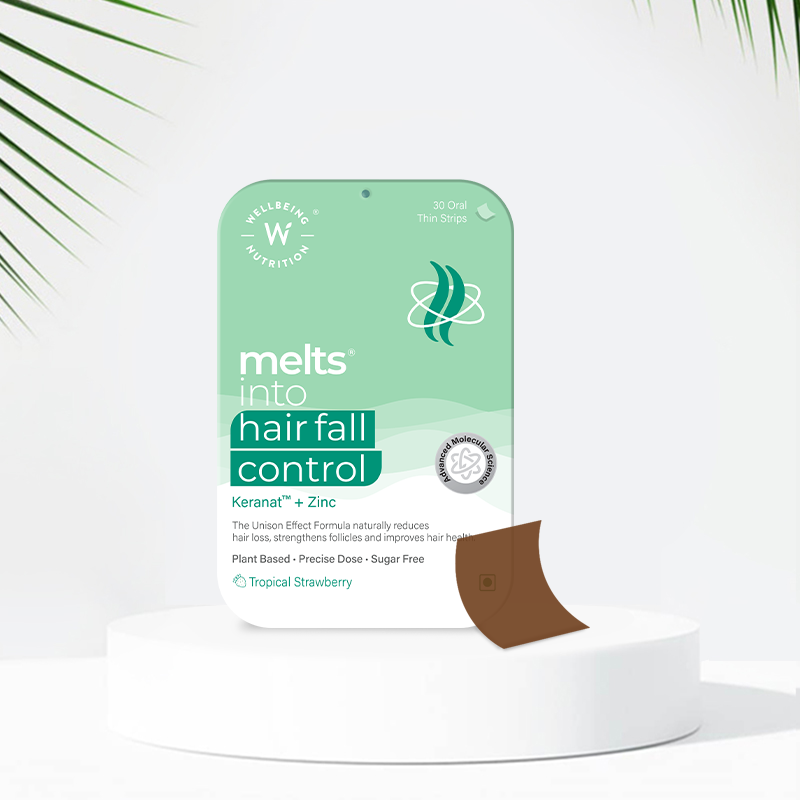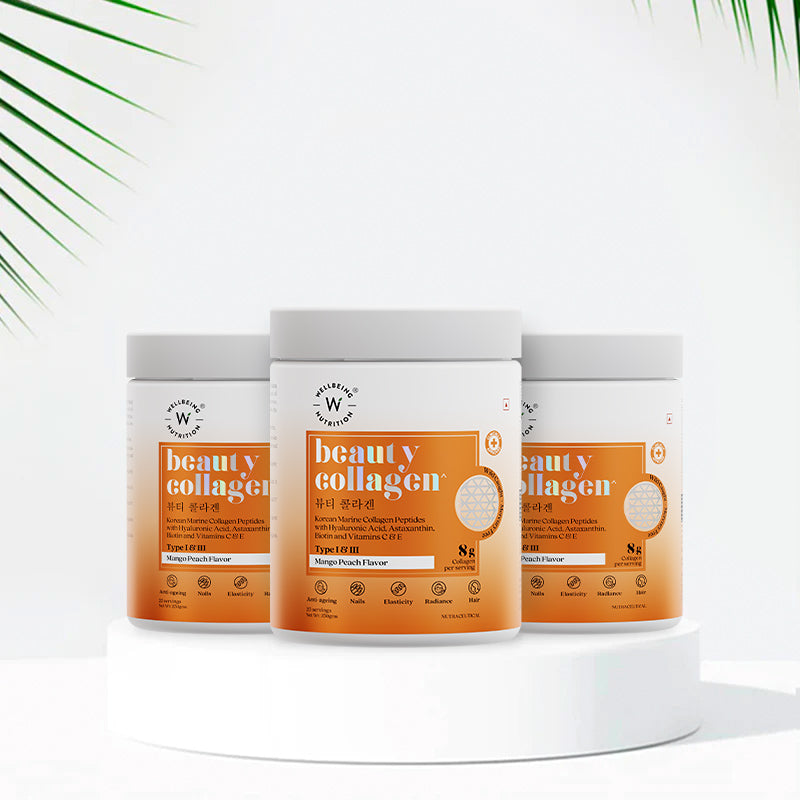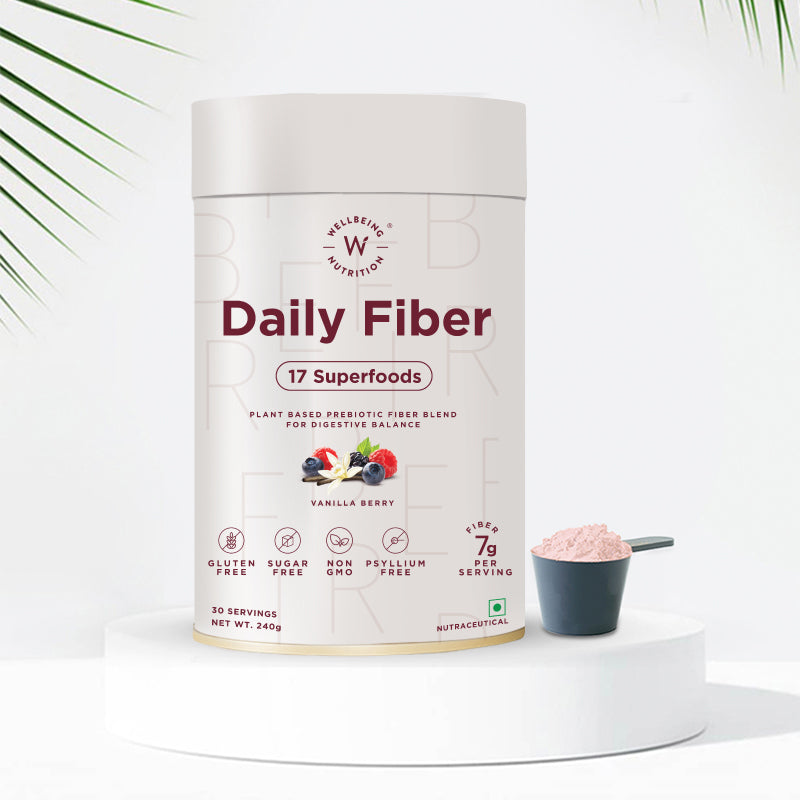Why Do Women Lose Their Sex Drive During and After Menopause?

Menopause is a natural biological marker that ends the reproductive cycle of a woman’s life. It is common for females to experience a dip in their sexual desires during and after menopause. With the decline in estrogen and progesterone hormones being one of the leading causes, other factors cause low libido in women during and after menopause. While most females experience a loss of enthusiasm or a libido decrease, it doesn't hold in all cases. Today’s article will shed some light on factors that lead to low libido in women during and after menopause.
Menopause its impact on Women’s libido
Menopause is a crucial phase in a woman's life, marked by significant hormonal shifts that impact various aspects of health, including libido.
Menopause: As women enter menopause, typically in their late 40s or early 50s, the ovaries cease to release eggs, resulting in the end of menstruation. Estrogen and progesterone levels significantly decrease, causing physical and emotional changes.
Factors that cause low libido in women during and post menopause
-
Hormonal Changes:
Estrogen Decline: A significant decrease in estrogen levels during menopause can lead to changes in the reproductive tissues, including vaginal dryness and reduced blood flow to the pelvic region, affecting sexual arousal.
Progesterone Decline: The decline in progesterone, another crucial reproductive hormone, may contribute to mood swings and anxiety, impacting overall sexual well-being.
-
Physical Changes:
Thinning of Vaginal Walls: The thinning of the vaginal walls, known as vaginal atrophy, can occur due to hormonal changes, further contributing to discomfort during sex.
-
Emotional Factors:
Mood Swings and Anxiety: Hormonal fluctuations can lead to mood swings and heightened anxiety, creating emotional barriers to intimacy.
Stress: The stress associated with perimenopausal symptoms and life changes can negatively impact libido.
-
Fatigue and Sleep Disturbances:
Sleep Disruptions: Menopausal symptoms like hot flashes and night sweats can disrupt sleep, leading to fatigue and a reduced interest in sexual activities.
-
Body Image and Self-Esteem:
Physical Changes: Changes in body composition, such as weight gain or altered skin elasticity, may impact a woman's self-esteem and body image, influencing her confidence in intimate situations.
-
Relationship Dynamics:
Communication Issues: Difficulty in discussing changes in libido or sexual preferences with a partner can strain the emotional connection, affecting overall intimacy.
Relationship Stress: External stressors, including work or family-related issues, can strain relationships and contribute to a decline in sexual desire.
-
Medical Conditions and Medications:
Chronic Health Conditions: Certain medical conditions, like diabetes or cardiovascular issues, can affect sexual function.
Medications: Some medications prescribed for other health concerns may have side effects impacting libido.
Solution
Addressing low libido during and post-menopause involves a holistic approach. Depending on the underlying cause, the following strategies may help in addressing low libido in women:
-
Hormone Therapy:
Hormone Therapy(HRT), may help alleviate symptoms of low libido by restoring hormonal balance. Estrogen therapy, in particular, can address vaginal dryness and discomfort during intercourse.
-
Herbal Supplements:
Explore supplements that act as natural libido boosters for their potential to boost libido, such as maca root, ginseng, and Tribulus Terrestris. Additionally, adaptogenic herbs like ashwagandha benefit females especially during menstruation, perimenopause, menopause, and postmenopause by reducing stress and promoting a sense of calm, it indirectly addresses factors contributing to low libido in women.
-
Engage in pelvic floor exercises:
Pelvic floor exercises such as Kegel exercises may help to improve pelvic muscle strength and enhance sexual satisfaction. These exercises can also help alleviate symptoms like vaginal dryness.
-
Healthy Lifestyle Choices:
Adopt a healthy lifestyle, including a well-balanced diet rich in nutrients, regular exercise, and adequate sleep. These factors contribute to overall well-being, positively influencing libido.
-
Communication with Partner:
Openly communicate with your partner about changes in libido, feelings, and desires. Building emotional intimacy can strengthen the bond between partners and foster a supportive environment.
-
Vaginal Moisturizers and Lubricants:
Use over-the-counter vaginal moisturizers and lubricants to alleviate discomfort associated with vaginal dryness. These products can enhance comfort during intercourse, promoting a more positive sexual experience.
-
Mind-Body Practices:
Activities such as yoga, meditation, or deep-breathing exercises can help relieve stress and anxiety, positively influencing libido.
Summing Up
In conclusion, decreased libido in women going through and coming out of menopause is a complex problem impacted by a variety of emotional, physiological, and hormonal changes. One of the main causes of symptoms like vaginal dryness and pain during sexual activity is the decrease in estrogen levels. Low libido in women is influenced by emotional difficulties such as stress, worry, and mood swings. Addressing this issue requires a comprehensive approach that considers hormonal therapies, lifestyle modifications, female vitality supplements, and open communication with healthcare professionals and partners. Understanding that every experience is unique and modifying solutions to fit particular needs are crucial.
References
https://www.ncbi.nlm.nih.gov/pmc/articles/PMC6220606/
- Choosing a selection results in a full page refresh.
- Press the space key then arrow keys to make a selection.

Talk to an Expert












